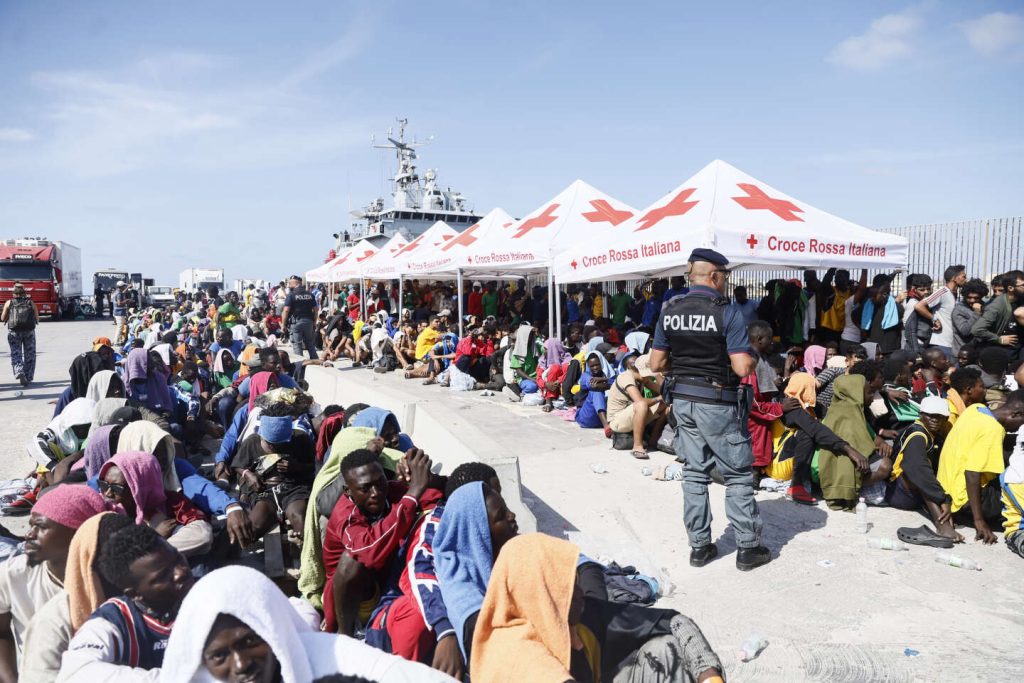The European Parliament has definitively adopted a pact on migration and asylum during a mini-plenary session in Brussels on April 10, with the aim of reforming EU migration policy. The pact includes stricter controls on migrant arrivals within the EU and a system of solidarity among member states for refugee distribution. The proposal, presented in 2020, underwent intense negotiations and was finally agreed upon in 2023, paving the way for final adoption two months before the European elections.
The European Union proposed a new “migration pact” in response to the challenges faced during the 2015 migration crisis, which destabilized cooperation among member states. The influx of migrants highlighted the failures in asylum and immigration policy. The pact aims to reform the Dublin Regulation, which assigns asylum application processing to first-entry EU countries and concentrates migration pressure on them. The new pact seeks to address these shortcomings and establish a more effective solidarity mechanism among member states.
The pact consists of ten legislative texts aiming to balance border control with refugee solidarity in Europe. It introduces accelerated border procedures to quickly determine the status of arrivals, enhanced cooperation with origin and transit countries to reduce arrivals and combat smuggling networks, and a more flexible solidarity mechanism where each country contributes voluntarily based on various options. The pact has garnered support from major political factions in the EU, but it has also faced criticism for potential rights violations.
The adoption of the pact faced delays due to political polarization and ongoing disagreements over migration policy in Europe. After lengthy negotiations and progress in 2023, key texts were adopted by the European Parliament and member states, including essential rules for crisis management and a new compulsory solidarity mechanism. The final phase addressing crisis situations encountered setbacks but eventually reached a compromise. The agreement was criticized by NGOs for potentially violating fundamental human rights.
The implementation and outcomes of the pact will be crucial in determining its success. The respect for asylum seekers’ rights, effective execution, and a clear plan of action are essential to prevent the failure of the European project and potential instrumentalization by far-right groups. The pact’s passage marks a significant milestone, but ongoing vigilance and accountability are necessary to ensure its practical realization and adherence to core principles.















